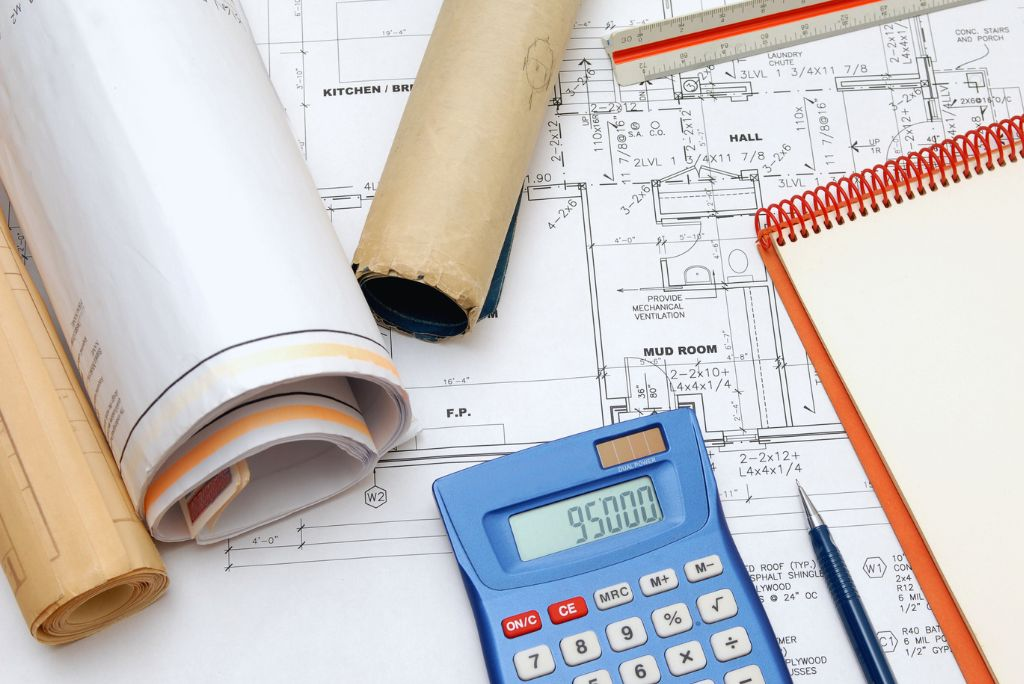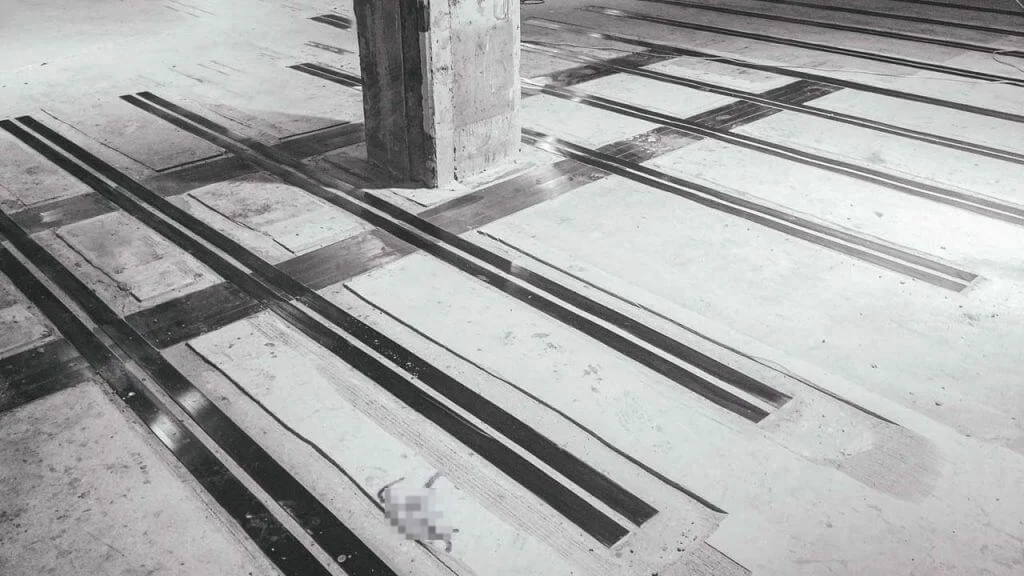Sponsorluk
Understanding the Bidding Process in Construction Projects

The bidding process in construction is a critical phase that determines which contractor or company will be awarded a project. It involves preparing detailed proposals, evaluating costs, and ensuring that the work can be completed within budget and on schedule. For clients and contractors alike, understanding how the bidding process works is essential for achieving successful outcomes.
Step 1: Project Planning and Documentation
Before the bidding process can begin, the project owner or developer must prepare comprehensive project documents. These include architectural drawings, engineering plans, material specifications, and timelines. The more detailed the documentation, the easier it will be for contractors to prepare accurate bids.
Clear project plans also help reduce misunderstandings, which can lead to disputes later. Owners should ensure that every aspect of the project is well-documented, including site conditions, quality standards, and safety requirements.
Step 2: Invitation to Bid
Once the project details are ready, the owner invites to bid. This can be sent directly to pre-qualified contractors or posted publicly to attract a wide range of bidders. The invitation typically includes the scope of work, submission deadlines, and criteria for evaluation.
At this stage, contractors decide whether the project fits their capabilities and resources. If the project aligns with their expertise, they will begin preparing a bid package.
Step 3: Preparing the Bid
Contractors preparing bids must calculate costs accurately and competitively. This involves assessing material prices, labor requirements, equipment needs, and potential subcontractor costs. Many contractors rely on a professional support company such as Pro Estimating to ensure their bids are both competitive and financially sound.
In addition to costs, contractors can highlight their experience, past project successes, and proposed schedules to differentiate themselves from competitors. The bid should present a complete picture of how the contractor will deliver the project on time and within budget.
Step 4: Submission and Evaluation
Once bids are prepared, contractors submit them by the deadline. The project owner or evaluation team reviews each bid carefully, considering factors such as:
-
Total cost
-
Quality of proposed materials and methods
-
Contractor’s reputation and track record
-
Project timeline
-
Compliance with requirements
The goal is not always to choose the lowest bid but to select the one that offers the best balance between cost, quality, and reliability.
Step 5: Negotiation and Award
After reviewing the bids, the owner may negotiate with one or more contractors to clarify details, adjust terms, or explore cost-saving measures. Once both parties agree on the final terms, the contract is awarded, and both sides sign a legally binding agreement.
This stage may also include setting payment schedules, establishing project milestones, and finalizing insurance or bonding requirements.
Step 6: Project Kickoff
With the contract awarded, the contractor begins mobilizing resources. This involves securing permits, scheduling crews, ordering materials, and setting up the worksite. The bidding process transitions into the construction phase, where the contractor is responsible for delivering the project in accordance with the agreed-upon terms.
Importance of Transparency and Fairness
A successful bidding process relies on transparency and fairness. Owners should provide equal access to information for all bidders, and contractors should submit honest, realistic proposals. Unclear requirements or hidden costs can damage trust and lead to disputes during the construction phase.
Similarly, contractors who underestimate costs just to win a bid may struggle to deliver the project profitably, leading to delays or quality issues. Both sides benefit when bids are based on accurate data and mutual understanding.
Common Challenges in Construction Bidding
While the process may seem straightforward, several challenges can arise:
-
Incomplete project documents leading to inaccurate bids
-
Price fluctuations in materials during the bidding period
-
Overly tight deadlines that discourage qualified bidders
-
Unrealistic budgets set by the owner
Addressing these challenges early helps ensure that the bidding process attracts the right contractors and produces reliable outcomes.
Conclusion
The bidding process is a vital step in ensuring that construction projects are completed efficiently and successfully. From detailed planning to fair evaluation, each stage plays a role in matching the right contractor with the right project. When owners provide accurate project details and contractors prepare well-researched bids, the chances of a smooth and profitable project increase significantly.







